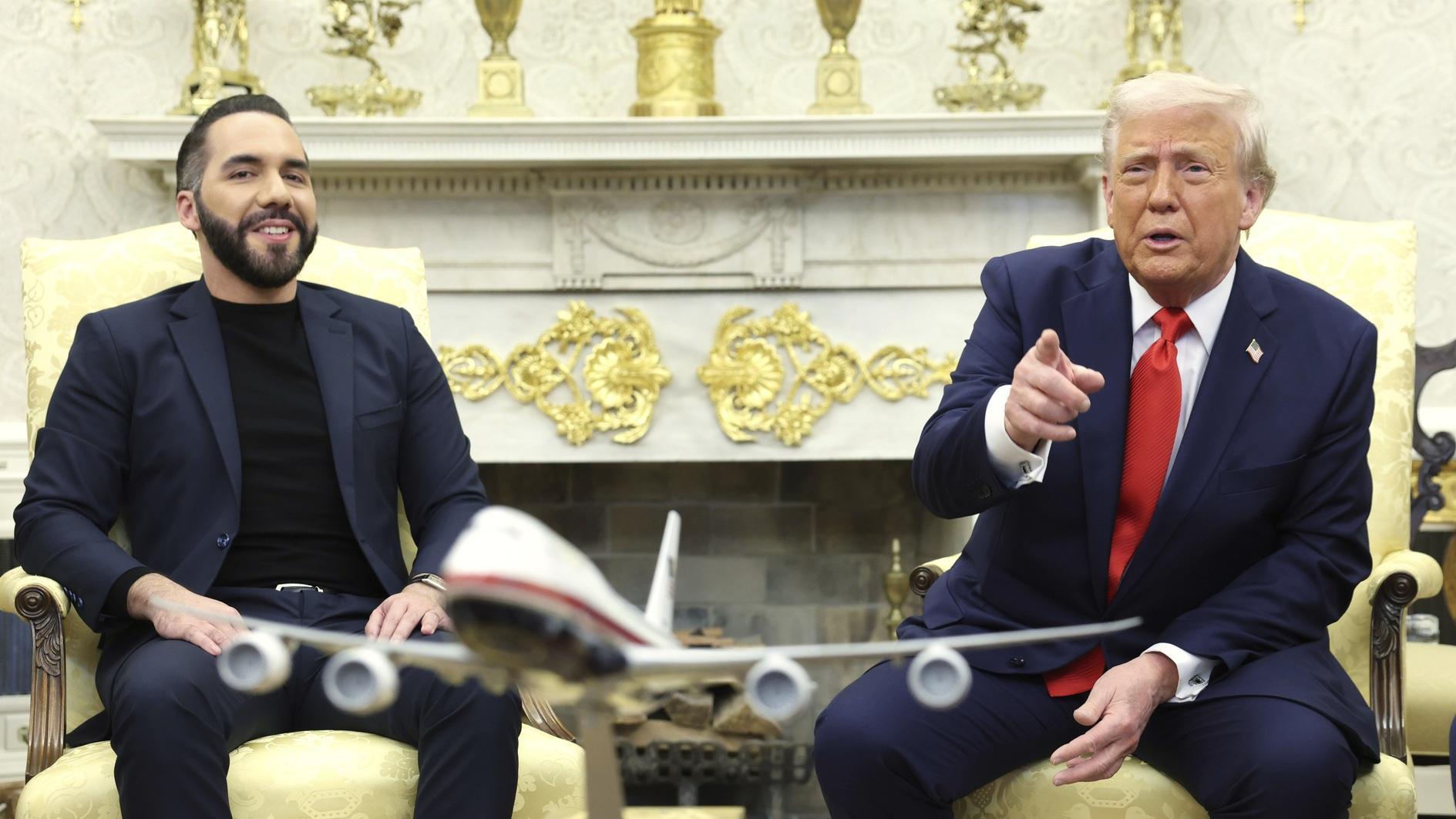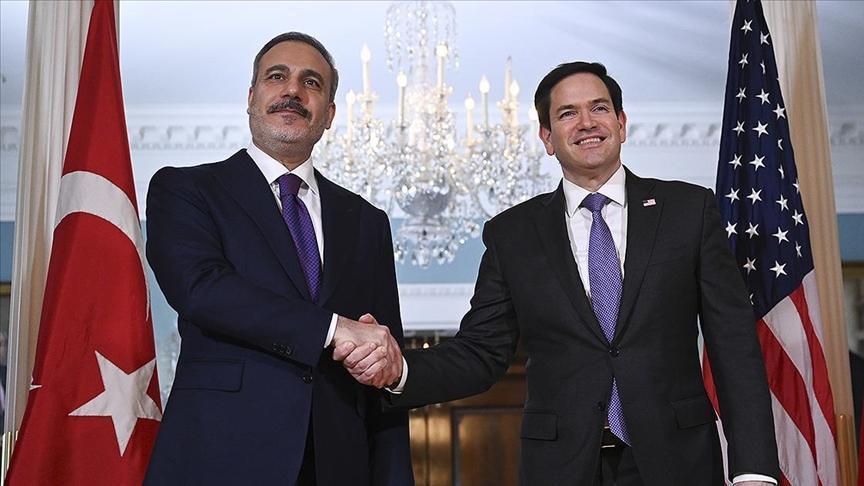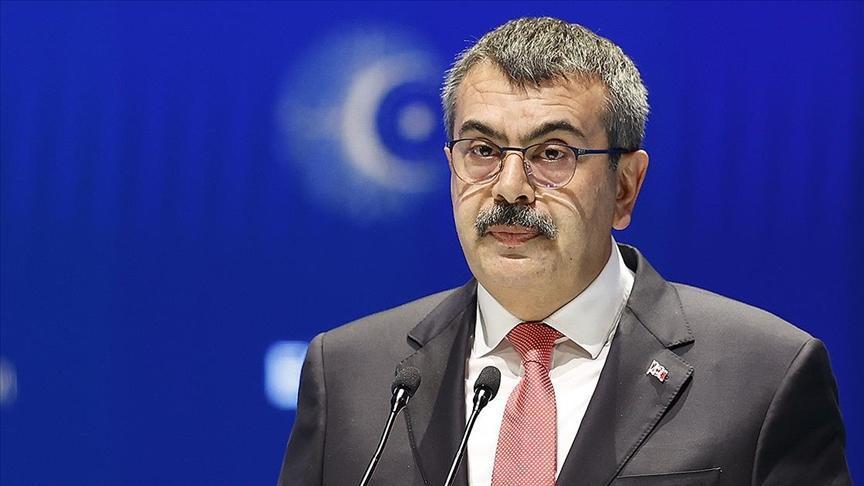When ‘the people’ love authoritarianism
For decades, countless intellectuals, activists and politicians around the world have praised “democracy.” They told us that “democracy” brings “the people” to power, and the latter always long for good things: More freedom, more rights, more justice, better jobs, better lives, and ultimately a better world. When they saw a crisis, a war, or a tyranny, they assumed that the problem must be not with “the people,” but rather a brutal dictator or a cynical oligarchy that dominates - or at least manipulates - them.
However, ladies and gentlemen, I have news for you: “Democracy,” in fact, can be a very scary thing. And “the people” can be a nasty bunch. Therefore, we might need to protect core values such as freedom, rights and justice from this system called “democracy,” and this massive political force called “the people.”
Here is the simple reason: “The people,” which practically means “the majority” in any given society, can sometimes opt for what we traditionally have considered the antithesis of democracy: Authoritarian rule. This especially happens when “the people” feel cornered and threatened. They do not want a liberal government that tolerates everyone and protects every right. Rather, they want an iron-handed government that will crush the “enemies” within and without.
Sadly, Turkey is a good example of this bad trend. It is by now a globally established fact that the current Turkish government is quite authoritarian. But does this authoritarianism operate despite the will of “the people”? Well, not really, if by that you mean the majority. Election after election has proven that Turkey’s current rulers, (or, more accurately, its one and only ruler), is adored by the majority precisely because of this authoritarianism. “The people” love the great leader precisely because he demonizes other people, crushes their freedom of the press, or confiscates their property.
Why is this happening? Is Turkey an “uncivilized nation,” to use a kind of orientalist cliché? Well, it is probably not so simple, because the same dynamic is at work in other nations that invented this whole “civilization” rhetoric. Look at the rise of the far-right in some the world’s most established democracies such as France. Look at the allure of Donald Trump in the United States. Portions of “the people” in the West love those “populist” politicians precisely because they are illiberal, intolerant and authoritarian. So we should perhaps stop whispering about “uncivilized nations” and instead speak openly about about an “uncivilized species,” scientifically called homo sapiens.
By saying this, I’m not going as far the libertarian theorist Hans Herman Hoppe, who wrote a provocative book in 2001 titled “Democracy: The God That Failed.” I still do not see a better system of governance than democracy. But democracy should not be venerated as a god, and we should realize that it has a dark side.
How we protect the liberal values of civilized life from that dark side is one of the burning issues of our age.











